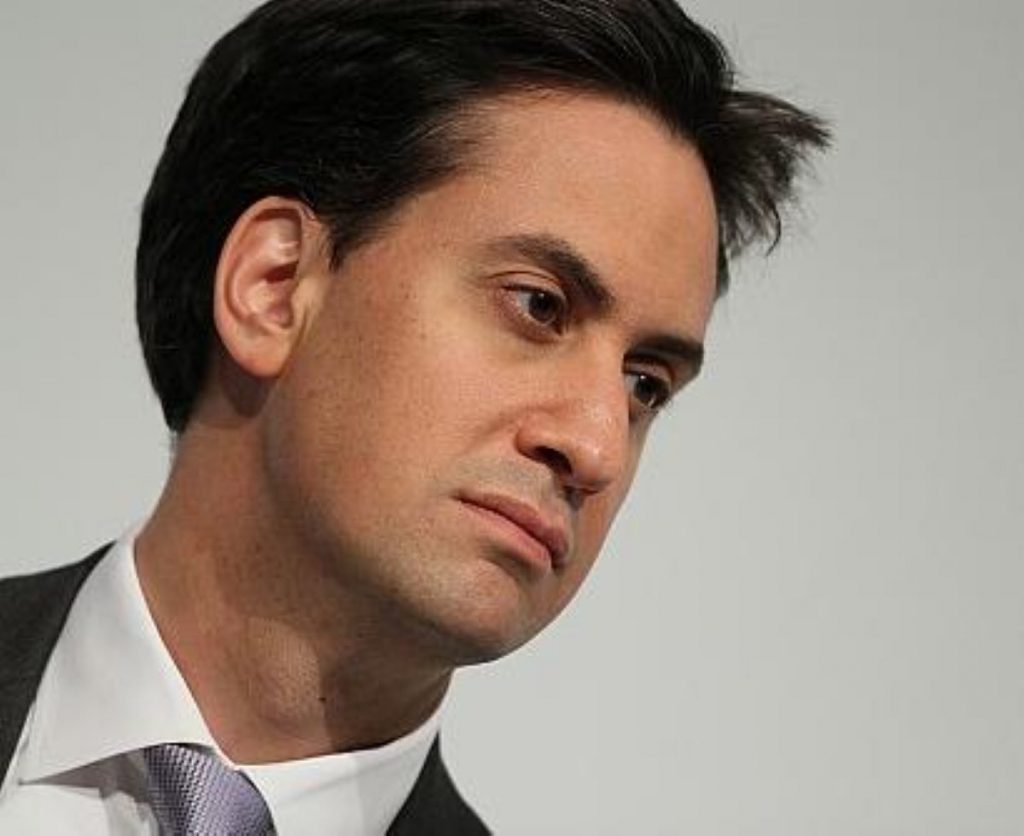Week in Review: Time runs out for Ed Miliband
To say that Ed Miliband has had his detractors is an understatement. For the press, he was neither telegenic nor centrist enough. They wrote him off before he was even a candidate. For many Labour members – in so far as they still exist – he simply seemed less of a winner than his elder brother.
But even with everyone gunning for him, Miliband maintained a rump of support in the press and among party members. Beneath the various inadequacies, there was at least a genuinely interesting intellectual underpinning to what he did. And the image of him as weak, adopted as the preferred attack by Tory HQ, simply did not stand up to scrutiny: he showed more courage in standing up the Murdoch press than David Cameron had in his entire time as leader of the Conservatives.
On Tuesday, when Miliband made his keynote speech at the Labour party conference, his time ran out. I counted one supporter in the press – the Mirror's Kevin Maguire – and even that was couched in defensive tones. Those on the right felt vindicated and confident. For those on the left, the speech indicated that the only victory Labour could score in 2015 was a limp, stuttering one, without energy or passion.
This was his last speech before the election, but it was vague and aimless. It had no big vision for Britain, no big policies to inspire voters and no real intellectual through-line, apart from a flimsy reliance on 'togetherness', which he distractingly referred to with the ugly construction of 'together is…'


Miliband himself looked odd and false, his habit of calling the audience "friends" becoming more grating by the moment. He managed to forget his lines on immigration and the deficit. For even his most supportive fans, it was a revealing omission. He peppered the speech with inane stories about the people he had met, in what appeared to be a bid to humanise him. If so, it spectacularly backfired.
There are plenty of people willing to write him off at every moment, no matter what he does. Miliband deserves better than that. But this time did feel different. He spent the time looking forward to an eight month job interview, but actually it felt like the end of the interview. This was the day those still willing to go out to bat for him couldn’t find a reason to do so.
It came at the end of a Labour conference which was noticeably lethargic and dead, especially after the frenzied historic drama of the Scottish campaign. Anyone hoping Miliband might map out how to revitalise a country which is plainly so ill-at-ease with itself would have been sorely mistaken. Such ideas as did exist were inadequate or wrong.
For some time this website has pointed out that, despite the relentless negativity of the right-leaning press, Labour is on course to win the next election, albeit probably as the largest party in a hung parliament. That remains the case. The polls, the bookies and the electoral arithmetic suggest anti-Tory sentiment will see Miliband sleepwalk into power. But that's now what we're dealing with: a sleepwalk. One struggles to remember an opposition which inspired such little confidence while being ahead in the polls.









